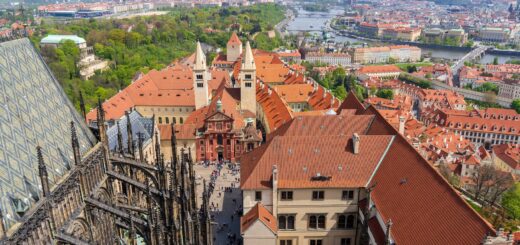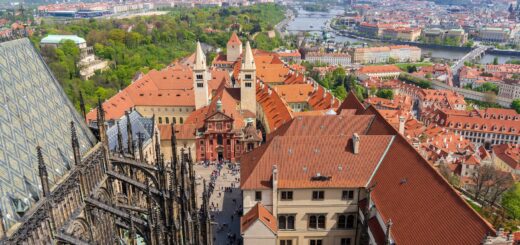Ayahuasca Tourism: Navigating the Increasing Popularity of Retreat Centers and Legal Complications
The wave of spiritual tourism is surging, and at the forefront is the indigenous Amazonian plant brew, Ayahuasca. Ayahuasca tourism represents a complex mesh of culture, spirituality, and legality, impacted by various social and ethical considerations. An increasingly popular facet of spiritual tourism, this trend sees people workforce far and wide in pursuit of profound, personal transformations.
Ayahuasca is a potent psychoactive brew derived from two plants – the Ayahuasca vine and a shrub called Chacruna – native to the Amazon rainforest. Traditionally, it forms part of indigenous healing ceremonies and spiritual rituals, believed to expand consciousness and offer deep psychological insights. Its effects can be profound and intense, placing Ayahuasca in the spotlight for those seeking transformative personal experiences.
Over years, an industry built around Ayahuasca tourism has blossomed, with retreat centers popping up in South America, especially in Peru, Colombia, and Brazil. These venues typically offer multi-day retreats encompassing Ayahuasca ceremonies conducted by Desana, Taita, or Shipibo shamans. Expeditions to these locales span from curiosity-driven tourists to those seeking self-discovery or battling emotional and physical ailments.
However, diving into the realms of Ayahuasca doesn’t come without its share of risks and legal considerations. Ayahuasca contains Dimethyltryptamine (DMT), classified by many jurisdictions as a controlled substance. While legal in several nations within the traditional and religious context, its legality in foreign lands often occupies a gray area. Travelers ought to familiarize themselves with the local rules and regulations surrounding Ayahuasca use to ensure they do not unknowingly violate laws and norms.
Safety precautions are paramount when partaking in Ayahuasca ceremonies as the brew can have severe psychological impacts. Ensuring the retreat center has qualified and experienced guides, and medical staff on-hand can make a significant difference. It’s equally crucial to check the center’s safety and ethical practices before embarking on this unique journey. Many retreat centers strive to adhere to responsible tourism guidelines, promoting safe and respectful interaction with the plant medicine and indigenous communities.
However, while such practices are in place, not all retreat centers respect these standards. Therefore, due diligence is necessary to ensure that the center you choose adheres to ethical practices and takes adequate precautions to prioritize your safety.
Simultaneously, the rapid growth of Ayahuasca tourism has also triggered an ongoing debate about cultural appreciation and exploitation. Critics argue that spiritual tourism often edges into the domain of cultural commodification, transforming intimate indigenous rituals into mass-market experiences. As Ayahuasca’s popularity increases, so too do concerns about cultural appropriation and the potential erosion of indigenous cultures.
In conclusion, Ayahuasca tourism embodies a delicate balance between advancing spiritual awareness and respecting traditional customs, adhering to local legal frameworks, and prioritizing visitor safety. Those considering the Ayahuasca journey should not only weigh the personal implications of consuming the brew but also understand and respect the cultural, legal, and ethical implications that accompany this unique form of spiritual tourism.
Done responsibly, Ayahuasca tourism can serve as a bridge between cultures, fostering understanding, and appreciation for indigenous Amazonian traditions. At the same time, it can offer a transformative journey for those who approach it with respect, consciousness, and careful preparation.
Sources:
1. Ayahuasca
2. Retreat Centers
3. Legal Considerations
4. Ayahuasca Ceremonies
5. Cultural Appreciation

